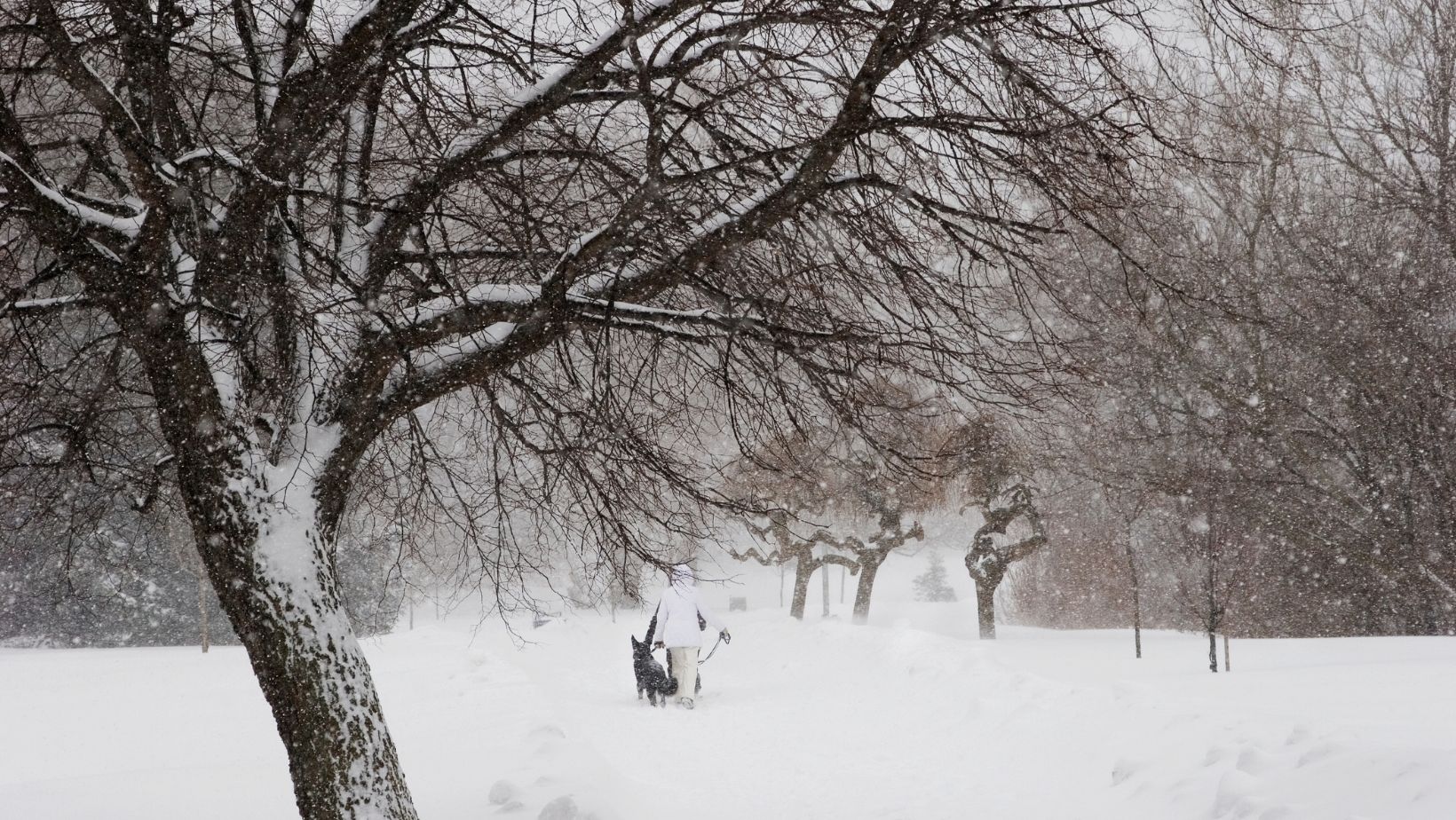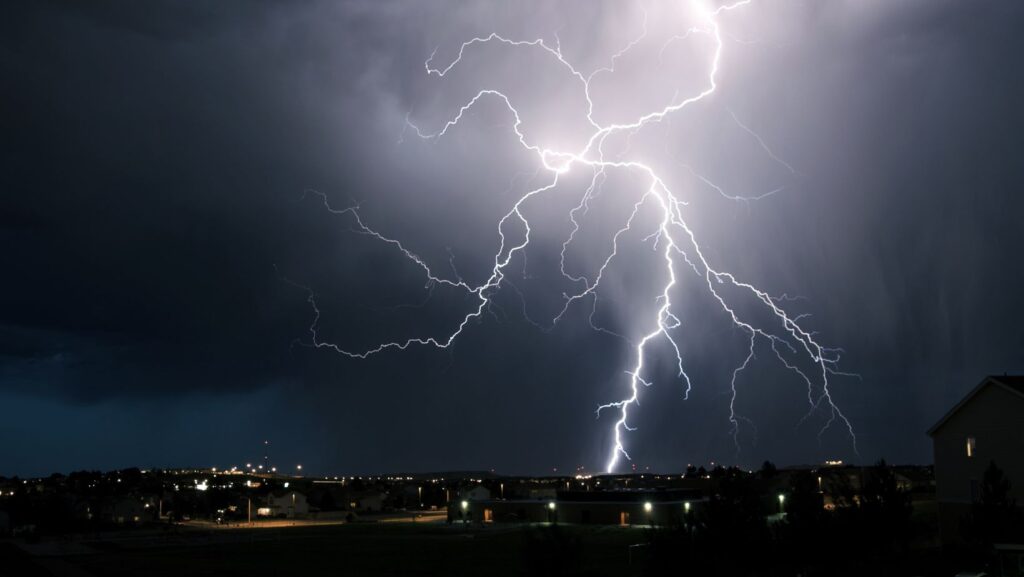Surviving in extreme weather requires preparation, resilience, and the right tools. Whether bracing for intense storms, scorching heat, or freezing temperatures, having a well-thought-out plan and the necessary gear can make all the difference. Nature is unpredictable, and when it strikes, being equipped to handle its wrath can mean the difference between safety and vulnerability. You must arm yourself with knowledge and reliable resources to ensure you’re ready for any situation. For high-quality survival tools and practical solutions, visit Turft for all outdoor and emergency needs.
Table of Contents
Why Extreme Weather Is Dangerous
Natural disasters have also become frequent recently because of climate change, whether in the towns or the countryside. Every situation is different: hurricanes, tornadoes, wildfires, blizzards, and each has its issues. Knowing these risks is the first step in being ready to face them. For example, hurricanes are associated with a lot of rain and wind, which leads to flooding and blowing down; cold is related to hypothermia, frostbite, or any other condition that affects man if he fails to prepare himself.

Essential Survival Tools and Strategies
The gear for survival in adverse conditions is what you must have to improve your chances of withstanding the weather. Part of any preparation plan is the creation of an emergency kit. These essentials should be part of this kit, including canned or freeze-dried foods, water purification tablets, flashlights, and first aid kits. They are also handy for charging your devices during extended power blackouts and when you are hiking or camping. Also, multifunctional tools, such as the Swiss Army knife or compact survival hatchet, have coverage in different situations.
In extreme cold, thermal blankets, insulated clothing, and heat packs will help guard against hypothermia. On the other hand, having a lot of fluids when it is hot or sunny is essential. Ensure the group has enough water, and maybe take some tablets to replenish the body’s electrolyte balance. In areas often ravaged by hurricanes and tornadoes, there are variations of strong tarpaulin and waterproof boxes to protect your essential belongings from the wrath of water. They do not only improve survival but also help to feel calm during such circumstances.
The other strategy is to rehearse the plan developed in anticipation of an emergency. Understand where in the house it is safe to take refuge during a storm and where you can take refuge if you have to leave the home quickly. All family members should always agree on the various procedures that should be followed during emergencies. A practice can make all learners feel comfortable and competent during an actual occurrence.
The Importance of Mental Preparation
However, it is equally essential to be mentally equipped for the worst regarding weather calamities. Fear is your worst ally in an emergency; it hinders clear thinking and leads to wrong decision-making. This is because when you are not anxious, you can reason well and ensure that the right actions are taken. Education is one way to ensure that you can deal with a lot of stress. Know how to swim, perform CPR, orient without using maps and compasses, and start a fire.

Conclusion
Planning for disaster is not only about having the right equipment and stock — it is about formulating the best plan considering all physical, practical, and psychological requirements. Knowing your surroundings, preparing yourself with relevant tools, and conditioning your mind are all essential to avoiding risks. If you take these precautions, you can stand up to the forces of nature and protect yourself and your family. Whenever you search for the best tools to incorporate into your survival kit, visit Turft for viable solutions that will keep you ready for any condition.




